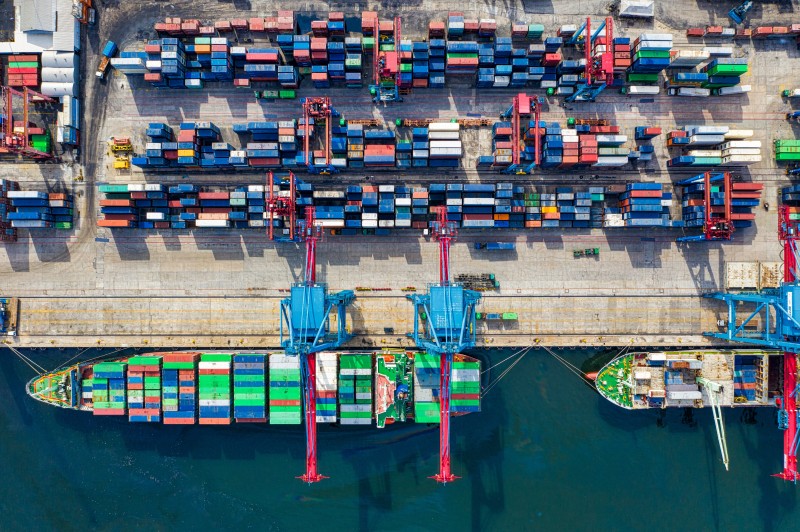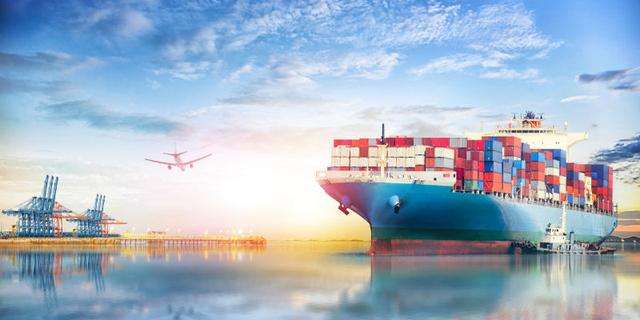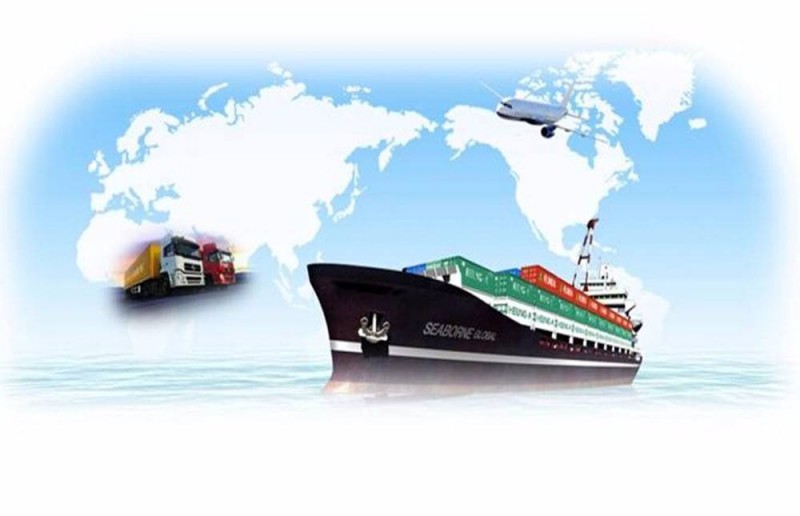On October 29, 2021, the General Administration of Customs (GACC) issued the Announcement No. 87 of 2021 on the Measures for the Administration of Export Food Production Enterprises to Apply for Overseas Registration (hereinafter referred to as the "The Measures"), which will be implemented on January 1, 2022. The Measures for the Application of Foreign Health Registration for Exported Food Production Enterprises issued by the Certification and Accreditation Administration (CNCA) on December 19, 2002 shall be invalidated at the same time. After the revision, the customs' law enforcement system in the field of export food supervision has been further improved. Foodmate compares and analyzes the 2021 version with the 2002 version. The main analysis and interpretation are as follows:

1. The regulatory structure is clearer
The title of the chapter "General Provisions, Registration Conditions and Procedures, Registration Management, and Supplementary Provisions" has been added. The overall structure of the Measures is clearer and easier to read, and the content is more rigorous and standardized.
2. Updated the legal basis
Update the Food Safety Law, Measures for the Administration of import and Export Food Safety and other laws, regulations, and departmental rules as the legal basis, which is consistent with the currently effective regulations.
3. Clarify the scope of application
The scope of application is consistent with the description of the Measures on import and Export Food Safety of the People's Republic of China. It is clarified that the export food production enterprises stipulated in The Measures do not include export food additive enterprises, and the refinement of "the production and business operations of import and export food-related products" as "the production, processing and storage enterprises of import and export food-related products" is not within the scope of The Measures. Among them, the export of food additive companies can refer to normative documents such as the Working Rules for the Inspection, Quarantine, Supervision and Administration of import and Export Food Additives and the Inspection Rules for import and Export Food Additives.
4. Update the description of the functional organization
In accordance with the functional transformation of the institutional reform, the relevant responsibilities of the former CNCA and the former directly under the entry-exit inspection and quarantine bureaus were updated to the GACC. The GACC shall supervise and manage exported foods in accordance with the law. It is clear that the GACC is responsible for recommending registration to the competent authority of the importing country (region) and is responsible for registration management related work.

5. Detailed registration conditions and application materials
It is required that enterprises applying for registration should first have the conditions to complete the filing procedures of export food production enterprises, which is in line with the actual situation of changing the approval project to the filing management. In addition, in accordance with Article 44 of the Measures for the Administration of import and Export Food Safety, the requirements of “(2) Establish a complete and traceable food safety and sanitation control system…; (3) Follow the law and regulations…” have been added. Meanwhile, the evaluation requirements and indicators of the relevant systems of export food companies have been detailed in "Appendix 2" of The Measures. When applying for registration, enterprises are required to provide basic information such as production conditions, production processes, food safety and sanitation control system documents, and accompanying materials required by the importing country (region), as well as complete the registration application and registration self-assessment form.
6. Detailed management measures
The Measures detailed registration management measures in terms of changes in registration information, major changes, re-registration, and withdrawal of registration.
Among them, for the registration information change of an enterprise that has been registered overseas, the enterprise should report to the customs of the place of residence in a timely manner. The GACC shall notify the importing country (region), and the final result shall be subject to the announcement of the importing country (region). Re-registration is required if the production site is relocated or the competent authority of the registered country (region) requires re-registration.

Export food production enterprises should be honest, self-disciplined, and operate in a standardized manner, and their credit status is not an untrustworthy enterprise assessed by the GACC. For the enterprise credit, please refer to the GACC Order No. 251 Administrative Measures for Credit Registration and Recordation of Enterprises. When exporting food production enterprises apply for overseas registration, they should apply to the customs of their place of residence through the information system, and be responsible for the authenticity of the relevant materials provided. They should also actively cooperate with the supervision and inspection carried out by the competent authorities and customs of the importing country (region).
Summary:
In terms of content, the Measures have changed a lot from the 2002 version, and export food production enterprises should make preparations in advance to earnestly fulfil their main responsibility for food safety. Export food production enterprises shall guarantee effective operation of the system, ensure the production, processing, and storage process comply with the relevant laws, regulations, and health and safety requirements for export food enterprises of China; at the same time, they should also pay attention to the relevant laws and regulations and relevant requirements of the country (region) to be imported. Avoid risks such as missing recommended registration qualifications and delayed registration, which may lead to unnecessary economic losses.